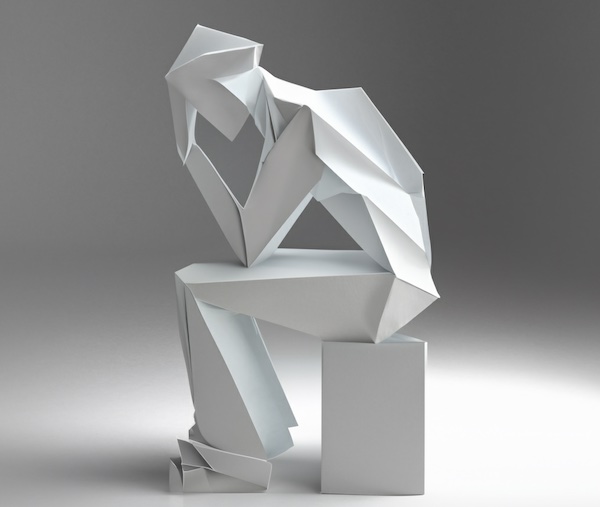Links for August 2022

- Self-Reliance (Ralph Waldo Emerson) — A classic essay from the transcendentalist 19th century philosopher, reminding to think for yourself, avoid conformity, be open to changing your mind, and worry less about being misunderstood.
- "JOOTSing": The Key to Creativity (Farnam Street) — Jootsing, a term coined by Douglas Hofstadter, means Jumping Out Of The System (JOOTS). First you must become intimately familiar with the system and its rules, and only then can you create something new by breaking some of them.
- The Carrier Bag Theory of Fiction (Ursula K. Le Guin) — Referencing the Carrier Bag Theory of Evolution, in which Fisher suggest the primacy of the bag over the knife, Le Guin questions the idea that the proper shape of a narrative involves conflict. Instead, Le Guin argues that "reduction of narrative to conflict is absurd"; instead, the natural shape of a novel is one of a bag of words carrying meanings, far less prescriptive than the hero's journey.
- Notes Against Note-Taking Systems (Sasha Chapin) — A forceful reminder that getting lost in your knowledge management system is a fantastic way to avoid creating things. Keep it simple!
- Death Is a Master From Russia (The Oxonian) — Pomerantsev: "I am a writer and I love my mother tongue. Today my love is still valid, but it has become difficult, dramatic. Evil is polyglot. It speaks hundreds of different languages. It has its favorites, though."
- Sprezzatura: The Art of Making Difficult Things Look Simple (Louis Chew) — The ability to display a certain nonchalance while performing a great feat was the hallmark of the ideal courtier. To the untrained eye, the performer is a genius, and this is magical; but the trained observer sees sprezzatura as a sign that the individual has put in the work. Fortune favors the prepared.
- June Huh, High School Dropout, Wins the Fields Medal (Quanta) — A portrait of a poet turned mathematician whose character is charming and in many ways the polar opposite of a prototypically successful person who moves fast and gets things done. So many ways to be.
- "You Know Nothing”: A Conversational Mindset (David Gasca) — David suggests a stance for having better conversations: resist the urge to make assumptions about your interlocutor and start from a place of curiosity. From this place, it's easier to initiate and have a good conversation.
- I Should Have Loved Biology (James Somers) — James recalls how little he enjoyed learning Biology, which despite its interestingness as a field, felt like a "lifeless recitation of names". What if instead of focusing on seemingly arbitrary facts, Bio was taught historically, by acquainting students with real biological questions, the scientific processes biologists used to answer them, to give students an opportunity to put themselves in the scientists shoes and wonder? What if it involved more inspiring and beautiful illustrations and explorable explanations?
- The World Is Awful. The World Is Much Better. The World Can Be Much Better (Our World in Data) — For many issues all three statements can be true at the same time. Take child mortality where 5.2 million children, or 3.8% of their population dies every year (completely awful), this number was 43% in 1800 (so we are making progress), but if the whole world was like the EU, this number could be reduced ten-fold (room to improve).
- What I Miss About Working at Stripe (Brie Wolfson) — A nostalgic piece about a time when the gravitational pull of work was strong. The author does a good job of capturing the feeling that a kind and balanced working environment may be at odds with the latent desire to do the best work of one's lifetime.
- The One Parenting Decision That Really Matters (The Atlantic) — In a large scale study of children's outcomes as a function of many variables, recent studies indicate that the effect of nature on a child is far stronger than nurture, but one parenting factor stands above the rest: the location of the childhood home. See The Opportunity Atlas for more details.